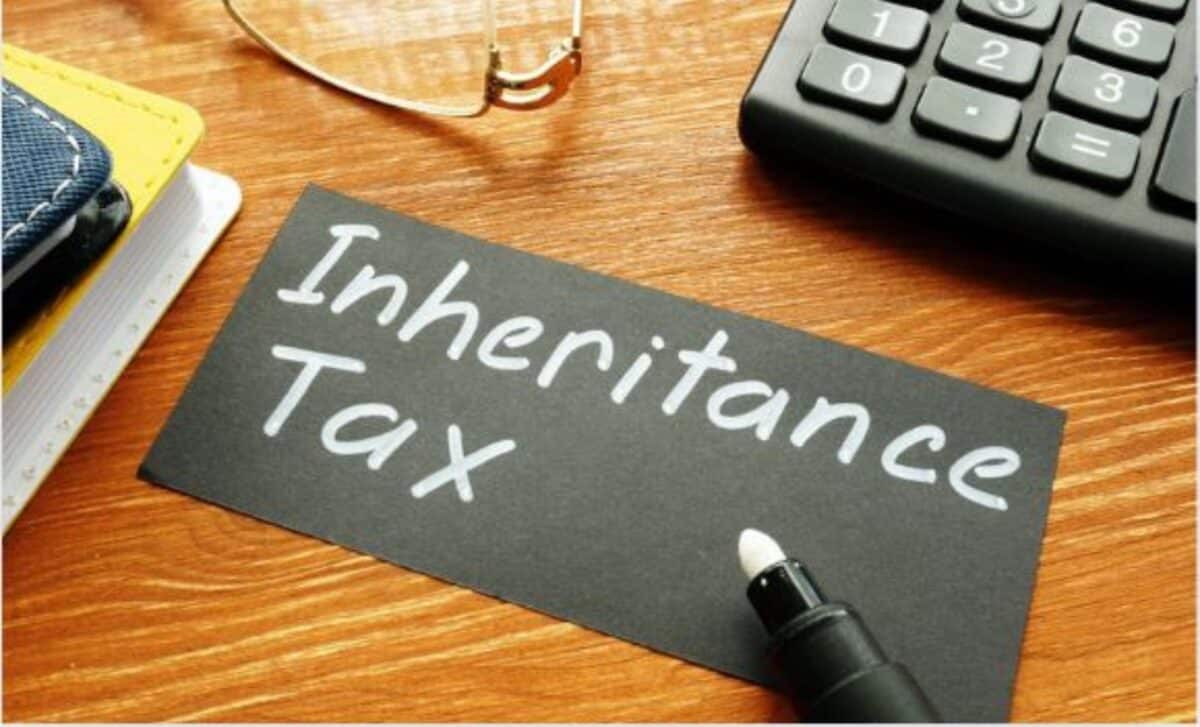Experts are warning taxpayers not to risk losing their hard-earned money to the “most unfair tax in Britain”. The controversial levy is no other than the inheritance tax (IHT), which is levied on the deceased’s estates, including money, possessions, and property.
Who Pays the Inheritance Tax?
Inheritance tax is levied at 40% on estates valued more than £325,000.
According to the most recent estimates from HM Revenue and Customs (HMRC), approximately 27,000 estates paid IHT in the 2020-21 tax year.
HMRC records for the same year revealed that £5.76 billion in IHT liabilities were accrued over the year.
This was a 16% increase over average levels, which is thought to be partly due to mortality during the Covid-19 pandemic.
Strategies to Avoid Paying Inheritance Taxes
TaxBite experts are providing ways for people to legally avoid paying the hated fee, albeit partially.
Individual taxpayers can take several precautions to safeguard their estate, including the following:
- Placing your life insurance coverage in a trust.
- Gifting money to friends and family before you die.
- Taking advantage of trusts.
- Making a charity donation.
Despite being crucial financial lifelines for families, life insurance policies are nonetheless subject to inheritance tax, which can be avoided through trusts.
Under existing laws, Britons can invest £3,000 in trusts each year and make limitless minor gifts of £250 without paying IHT.
Depositing money in trusts is an effective strategy to pass money down to children and grandchildren until they reach the age to claim it.
Nevertheless, the seven-year “potentially exempt transfer” provision applies, which means no tax is owed if the recipient survives for seven years after donating them.
Gifts for children and grandchildren are likewise excluded, although the same conditions apply.
Children can receive up to £5,000, while grandchildren and great-grandchildren can get up to £2,500.
Kasra Dash, Founder of TaxBite, stated: “Leaving money behind for family and friends is not just a financial act, but a statement of love and legacy.
“However, inheritance tax can often feel like a penalty on a lifetime of careful saving and investing by diminishing the financial legacy we can hope to pass on.
“This can disrupt small businesses that families have built over generations, potentially leading to a loss of livelihood for those who remain.
“It’s about passing on more than money – it’s about passing on opportunities and the means to cultivate a better life.”









